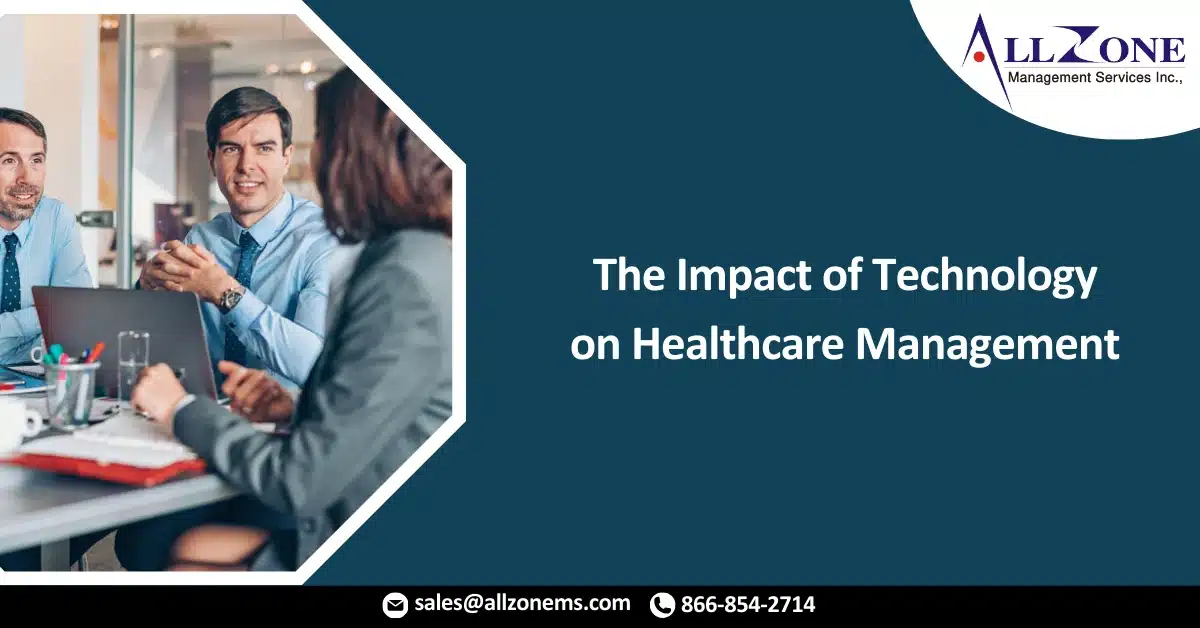To efficiently manage healthcare, it is imperative for systems and management teams to maintain a continuous focus on becoming leaner. Healthcare administrators are responsible for overseeing an increasing number of hospitals, clinics, and medical facilities. Their responsibilities include managing operations, facilities, accounting, and policy, as well as evaluating and recommending new technology to improve patient-centered care.
An Overview of Healthcare Management
Healthcare management and healthcare administration have distinct differences:
• Healthcare managers are responsible for managing the daily operations of a clinic, department, or facility.
• Healthcare administrators oversee personnel, physicians, and caretakers while ensuring patients are satisfied with their care.
• Administrators make up the healthcare organization’s top leadership group.
• Healthcare administrators create strategic plans, ensure the organization’s goals and budgets are met, and continuously improve its healthcare services.
The Role of Technology in Enhancing Healthcare Efficiency
The use of technology plays a crucial role in both current and future healthcare management. A healthcare management expert assesses the institution’s needs as new technology emerges and implements it to enhance productivity and improve patient care. Wearable and implanted technology, telemedicine, and robotic surgery are among the most noteworthy technological advancements currently in development.
Implantable and Wearable Technology:
While there are currently wearable and implantable devices, they are expected to advance further in the future. These devices will become smaller and more efficient, allowing them to collect and transmit a greater amount of data. As a result, healthcare administration will be improved through the use of these advanced tools.
Telemedicine:
Telemedicine utilizes real-time interactive communication to enable doctors and patients to communicate with each other. Patients have the flexibility to consult with doctors at any time and from any location. To ensure the privacy and security of patient-provider communication, this technology leverages the internet, audiovisual connectivity, and encryption techniques.
Healthcare Data Analytics:
Remote patient monitoring systems collect patient data to enhance medical care. Patient information is assessed and analyzed to develop individualized care plans for each patient’s ongoing treatment.
Health Care and Artificial Intelligence:
Artificial Intelligence (AI) in healthcare analyzes patients’ medical data and provides recommendations for their diagnosis and treatment programs. By comparing patient results with a database of hundreds of thousands of patients, AI produces suggestions for personalized care plans. Patients can volunteer for medical research and testing to contribute to the development of these AI-driven systems.

